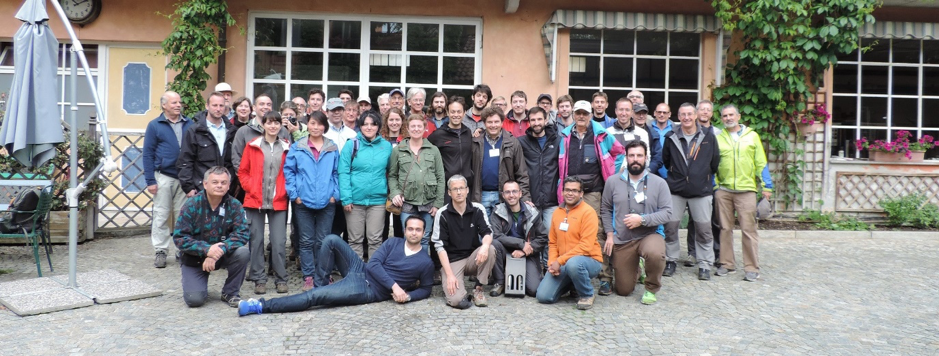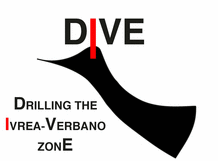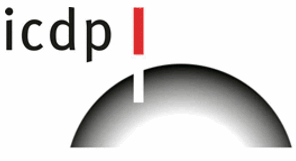ICDP-DIVE workshop in Baveno, Italy

In May 2017, a team of forty-six scientists from nine countries gathered for a workshop held in Baveno (Italy) to discuss the scientific aims, drilling sites, and technical and societal aspects of the DIVE project. The workshop included petrologists, geochemists, geophysicists, geologists, microbiologists, drilling engineers, and ICDP members who assembled and sharpened the ideas presented in this proposal. The workshop demonstrated the great interest for undertaking scientific drilling in the IVZ aimed at unravelling the chemistry, physics, hydrology, and microbiology of the roots of Earth’s continental crust and Moho transition zone.
There was broad consensus that drilled cores and high-resolution geophysical quasi-in-situ borehole measurements provide unrivalled, complete sections of the continental crust–mantle transition zone that can be compared to existing petrological and geophysical data. The exposures of the IVZ have been investigated by the scientific community over the last 50 years and the IVZ is a reference case for many models of the LCC(e.g., Salisbury & Fountain 1990).However, the variability of the lower crust and the Moho transition zone is a subject of continuing debate. The ICDP workshop participants emphasised that the IVZ decisively stimulates the debate on the origin of the LCC and its transition into the mantle. Indeed, it makes a unique case because the exposed lower crustal section is assembled from two sections different in structure, composition, and age: (i) a pre-Permian metasedimentary sequence and (ii) a Permian trans-crustal igneous system. Hypotheses based on the IVZ lower crust and crust–mantle transition zone have clearly delineated the need for continuous coring at key sites of the IVZ to resolve outstanding questions regarding the genesis, physico-chemical architecture, and dynamics of Earth’s continental lower crust and Moho transition zone.
Link to the article on the ICDP workshop Dive:
SD - Report on the ICDP workshop DIVE (Drilling the Ivrea–Verbano zonE) (copernicus.org)






